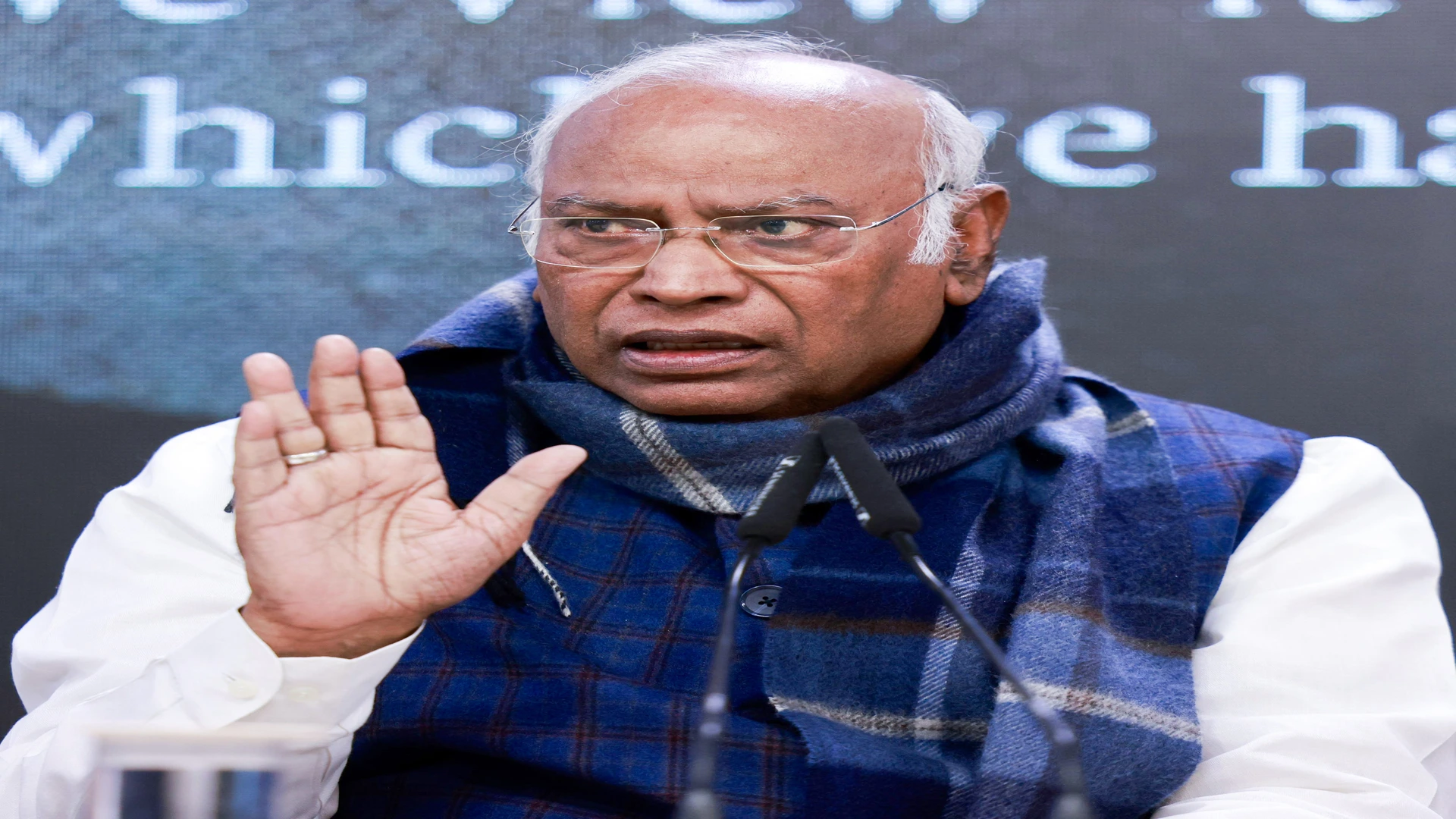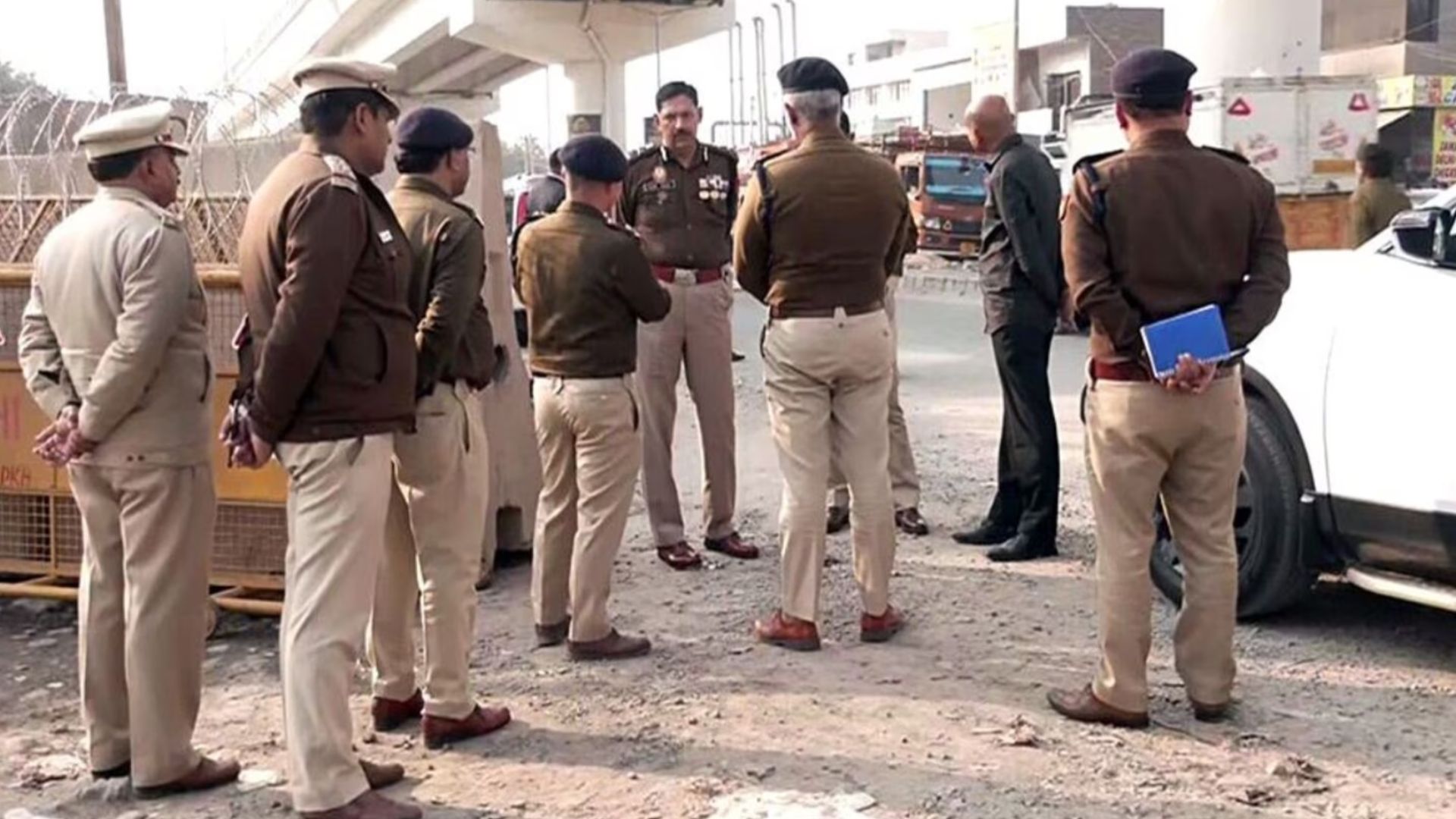Indian-Americans might take pride in Vice President Kamala Harris potentially becoming the first Indian-American US President, reflecting the significant achievements of the diaspora across various fields. From advancements in rocket research to contributions in medicine and technology, Indian-Americans have made notable impacts in the US However, this milestone might come with complications for US-India relations, according to some experts.
Concerns Over Foreign Policy Direction
Historically, US administrations from George W Bush to Joe Biden have maintained a strong, bipartisan consensus in favor of developing robust ties with India. This bipartisan support has been pivotal in enhancing diplomatic, economic, and military relations. However, there are concerns that Harris could disrupt this longstanding consensus. Her choice of Minnesota Governor Tim Walz as a running mate, following a contentious campaign against Pennsylvania Governor Josh Shapiro, suggests potential alignment with the Democratic Party’s more progressive elements, which could impact US-India relations negatively.
Implications for US-India Relations
Harris’s alignment with the left-leaning faction of her party could prioritize online activism over traditional diplomatic practices. This shift might lead to a more critical stance on India, influenced by activists and organizations that are critical of Indian democracy and support separatist movements. Harris’s approach could mirror the challenges faced during the Trudeau administration’s handling of sensitive diplomatic issues with India, potentially leading to increased tensions.
Current administration strategies, such as those seen during crises involving human rights groups and international accusations, have managed to balance criticism with diplomatic sensitivity. Experts fear that a Harris presidency could shift towards a more confrontational stance, influenced by activists and bureaucrats, thereby complicating relations between the US and India.







